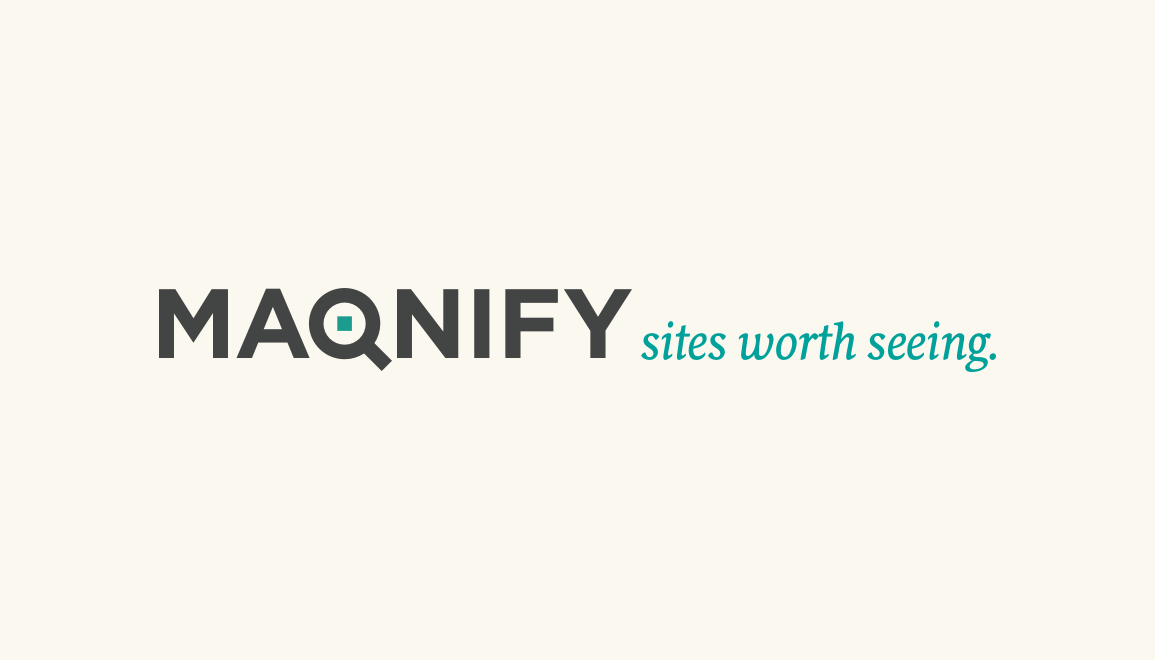Privacy & cookies
 Kristin Koch | February 2024
Kristin Koch | February 2024
Work efficiently and motivated with artificial intelligence

In the world of digital transformation, the use of artificial intelligence (AI) is becoming increasingly important. The rapid development of AI is having a significant impact on various areas of life, but especially on everyday working life. For many companies, AI is a decisive factor in their success. Current figures and studies show that the use of AI in everyday office life is not just an option, but rather a necessity. But what makes AI so indispensable and how can it be optimally utilised in everyday working life?
A recent survey by the Federal Statistical Office (Destatis) from 2023 shows that around 12% of German companies with at least ten employees use artificial intelligence. Large companies with 250 or more employees use AI technologies much more frequently than small and medium-sized enterprises. In addition, it can be noted that companies that use artificial intelligence most frequently utilise speech recognition technologies (43%). Furthermore, 32% of companies use AI to automate work processes or to support decision-making. In addition, 30% of companies use technologies to analyse written language or text mining.1
Generative AI (GenAI) in particular, an advanced form of AI, is proving to be a driving force. Above all, ChatGPT has established itself as a popular tool and is enjoying growing popularity in the corporate world. According to a study by the McKinsey Global Institute, automation through AI could give the global economy an annual productivity boost of 0.2 to 3.3 per cent between 2023 and 2040. In Germany, GenAI alone could generate productivity gains of 0.2 to 0.6 per cent, which is close to the global average.2
GenAI opens up a wide range of possibilities in everyday office life: the creation of presentations and manuals, content for web design, social media management, office management and online marketing, to name but a few.
Here are some examples of how GenAI can be used successfully and creatively:
Despite all the euphoria about the benefits of AI in everyday working life, we must not forget the associated challenges and ethical considerations. Handling sensitive data requires responsible use of AI technologies. Companies should implement clear guidelines for data protection and ensure that ethical standards are upheld in the development and use of AI.
With the increasing integration of AI in everyday working life, it is also crucial to keep an eye on the associated challenges. The EU AI Act of the European Union, which has not yet come into force, categorises AI applications into risk categories. Applications with unacceptable risk are prohibited, high-risk applications are subject to special requirements, while others remain largely unregulated. Affected companies should ensure that their AI solutions comply with the legal requirements.
The integration of AI into everyday working life brings many advantages. The use of GenAI is proving to be a decisive driving force in supporting employees in their day-to-day work. From automating routine tasks to improving data analysis and decision-making, AI offers a wide range of applications that increase efficiency and promote creativity.
However, despite the numerous advantages, the associated challenges and ethical considerations must not be neglected. The responsible handling of sensitive data is important and should be defined by clear data protection guidelines.
As a full-service provider, we at TourComm Germany have been successfully focussing on innovative solutions in tourism and destination marketing since 2005. With our latest product, the Content Creator, we offer scalable content creation, data analysis and structuring as well as data collection and research using AI technologies. Our goal is to help destinations realise their full potential. Find out more about our customised AI solution and see for yourself.
Our solution for the use of artificial intelligence in tourism enables the creation, management and structuring of industry-relevant data. With the TourComm Content Creator, our tool for scalable content creation, we provide DataHubs with high-quality information in a standardised tone of voice. We can also collect and analyse data and store it in a structured format in accordance with schema.org and ODTA standards to ensure that it is machine-readable.

1 Destatis: Press release no. 453 of 27 November 2023, https://www.destatis.de/DE/Presse/Pressemitteilungen/2023/11/PD23_453_52911.html
(accessed on 07.02.2024)
2 McKinsey & Company: Press release dated 13 June 2023, https://www.mckinsey.de/news/presse/genai-ist-ein-hilfsmittel-um-die-produktivitaet-zu-steigern-und-das-globale-wirtschaftswachstum-anzukurbeln
(accessed on 07.02.2024)